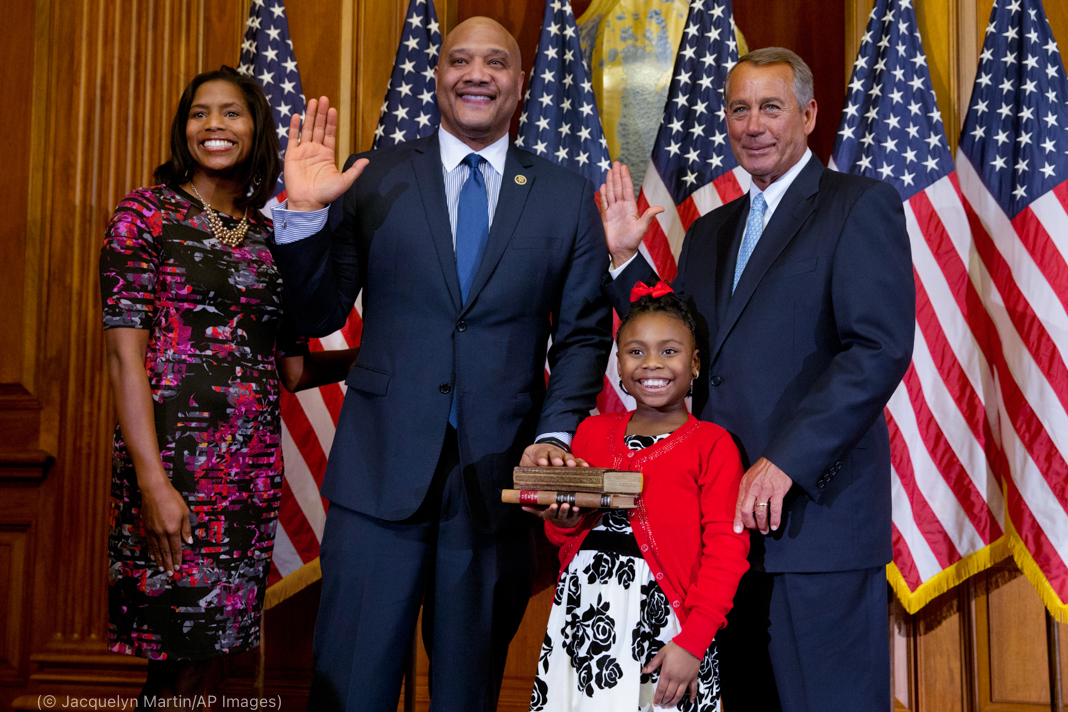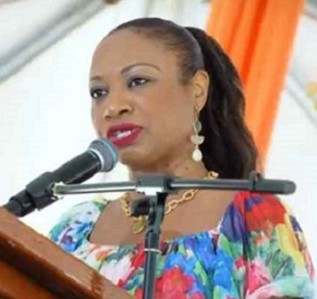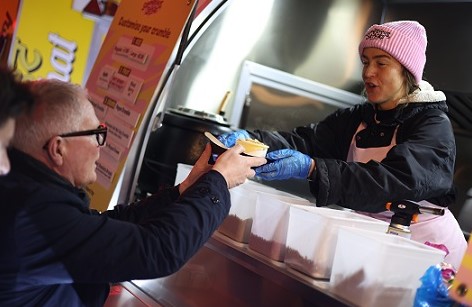Black Muslims have been part of America’s story since the beginning as they continue to weave colour into the fabric of diversity in U.S. culture today.
The first Muslims in America arrived 500 years ago — long before the United States was established as an independent country. Historians note that Muslim explorers sailed on colonial expeditions to America in the 1500s.
Later, they came as slaves forcibly brought from West Africa. Scholars estimate approximately 30% of slaves in America were Muslim. Historical records, including slave diaries, document the lives of these enslaved Muslims, some of whom wrote Arabic manuscripts and others who practiced their faith in secret.
One significant historical artifact, on display in the Library of Congress, is Thomas Jefferson’s 1734 edition of the Quran. Curious about world religions and legal systems, Jefferson acquired this copy of the Quran as a law student, and some scholars point to it as one influence on Jefferson when he wrote about the principle of religious freedom that became part of the U.S. Constitution.
The first Muslim Americans elected to Congress — Keith Ellison in 2007 and André Carson (pic: second left) in 2008 — are Black and were sworn in with their hands resting upon Jefferson’s copy of the Quran. In a 2019 study, the Pew Research Centre found that Black Muslims represent 20% of Muslims in the United States. Nearly 70% of Black Muslims are born in the United States and 49% identify as converts to Islam.
Geographically, Black Muslim American communities tend to be in urban areas and in Northeastern cities in the United States. Black Muslim Americans have played important roles in the civil rights movement (like Muhammad Ali and Malcolm X) and in professions spanning public service as well as art, business, sports and more.
Their contributions, along with the intersectionality of their Black and Muslim identities, offer unique perspectives and are a significant part of America’s story and diversity. You can learn more about them at the Smithsonian Institution’s National Museum of African American History and Culture.
Here’s a look at some Black Muslim Americans who’ve made their mark on pop culture in the United States and around the world:
Athletes: Titans of boxing and basketball, athletes like Muhammad Ali, Kareem Abdul-Jabbar and Hakeem Olajuwon are among America’s most celebrated Black Muslims.
Olympian Ibtihaj Muhammad made history when she represented Team USA in 2016 as the first American woman to wear hijab in the Olympics. She won a bronze medal in fencing and inspired the first Barbie doll to wear a hijab the following year as part of Mattel’s “Shero” (she-hero) line of dolls.
Actors: Mahershala Ali became the first Muslim actor to win an Oscar in 2017 for his performance in ‘Moonlight’. He won again in 2019 for his portrayal in ‘Green Book’ of an African American musician confronting discrimination while performing on tour in the American South during the 1960s.
Fellow Black Muslim actor Dave Chappelle is known for his stand-up comedy and satire. In interviews, Chappelle has talked about converting to Islam as a teenager after befriending Muslim employees working in a pizza shop across the street from his Washington home.
Musicians: Many popular Black rappers and musicians are Muslim. The list includes Akon, Alia Sharrief, Busta Rhymes, Lupe Fiasco, Yasiin Bey (previously known as Mos Def), Native Deen and T-Pain.
Their lyrics express views on a wide range of topics, from life in their hometown to love to the Black Lives Matter movement. Bey often recites the common Islamic opening prayer (“in the name of God, the most beneficent, the most merciful”) at the beginning of first songs on his albums.
In 2014, Alia Sharrief organized a hip-hop concert in California called “The Hijab Chronicles” that featured a full cast of Muslim female artists.
Models: Model Iman famously starred as the queen in Michael Jackson’s Remember the Time music video. The Somali American worked with major designer labels like Calvin Klein, Yves Saint Laurent and Versace.
Halima Aden, also a Somali American, became the first hijab-wearing model to walk international runways. She also was featured on the cover of several magazines, including ‘Allure, Sports Illustrated’ and ‘Vogue’.











